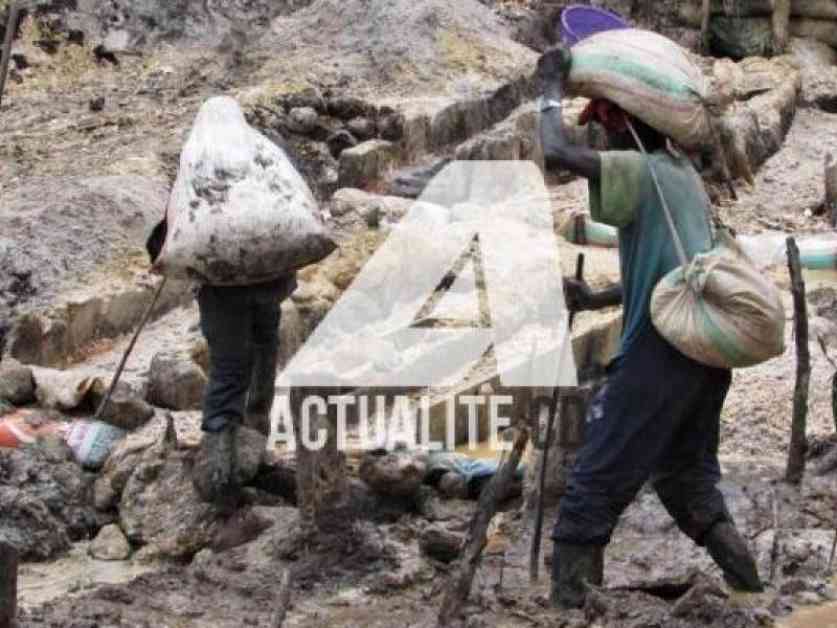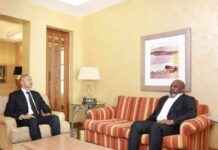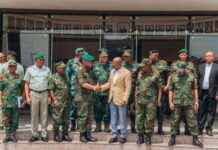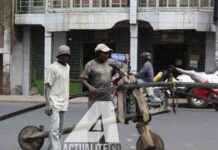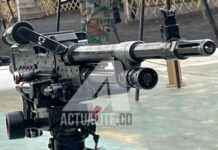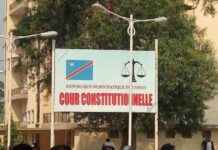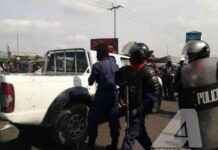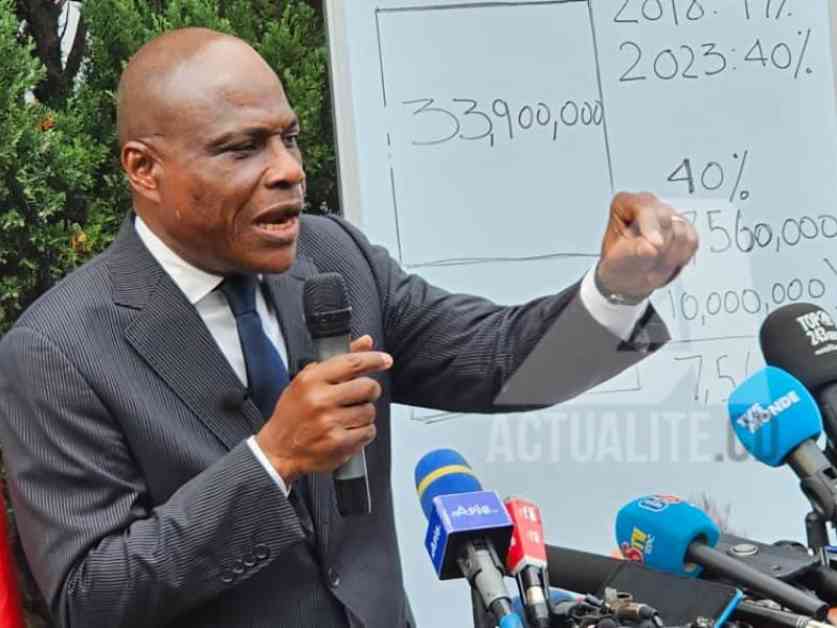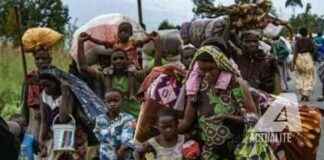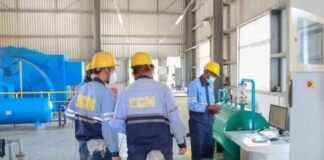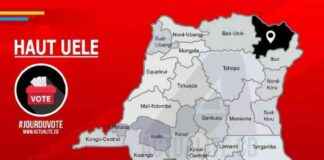Illegal Export of 150 Tonnes of Coltan from Rubaya to Rwanda: UN Reports $800k Monthly Revenue by AFC-M23
A recent report from the United Nations’ group of experts has uncovered a disturbing scheme orchestrated by the AFC-M23 coalition in the North Kivu province of the Democratic Republic of Congo. This sophisticated operation involves the illicit extraction, trade, and export of coltan from Rubaya, resulting in substantial financial gains to fund the coalition’s activities. The report reveals that a staggering 150 tonnes of coltan have been illegally exported to Rwanda from the mines in Rubaya, where the AFC-M23 has established a parallel administration.
Revenue Generation and Contamination
The experts found that these minerals were mixed with Rwandan production, leading to a significant contamination of the supply chains for the “3T” minerals (tin, tantalum, and tungsten) in the Great Lakes region. This contamination has been described as the most extensive of its kind recorded in the past decade. The AFC-M23 coalition has reaped significant profits from this illegal exploitation, with taxes imposed on coltan and manganese production generating approximately $800,000 per month. A tax of $7 per kilogram was levied on coltan and manganese, while tin (cassiterite) incurred a $4 tax. These funds have been crucial in financing the coalition’s military operations and consolidating its territorial control.
Control of Supply Routes and Administration
The report details how the coalition controlled the routes connecting Rubaya to the Rwandan border, including key locations like Mushaki, Kirolirwe, Kitshanga, and Kibumba. Convoys carrying coltan, capable of transporting up to five tonnes per load, regularly traversed these routes en route to Rwanda. Satellite images captured these convoys being directed to a parking area near the Kibumba market before being transferred to trucks from Rwanda. In Rubaya, the AFC-M23 established a quasi-state administration, complete with a “ministry” overseeing mining operations. Permits were issued to miners and economic operators, with annual fees ranging from $25 to $250. The miners’ wages were doubled to incentivize them to remain in the region, but coercive measures, such as armed patrols and arbitrary detentions, ensured that minerals were only sold to authorized operators.
Impact on Regional Stability and Economy
The illicit extraction and export of minerals not only benefited the AFC-M23 but also contributed to the Rwandan economy by integrating these resources into its production processes. This systematic exploitation of natural resources for military and economic purposes continues to fuel regional tensions and jeopardize stabilization efforts in eastern Congo.
In conclusion, the illegal export of coltan from Rubaya to Rwanda highlights the urgent need for international intervention to curb such exploitative practices and protect the region’s resources and population. The repercussions of these activities extend far beyond monetary gains, impacting regional stability and economic development. It is imperative that swift action be taken to dismantle these illicit networks and hold those responsible accountable for their actions.
